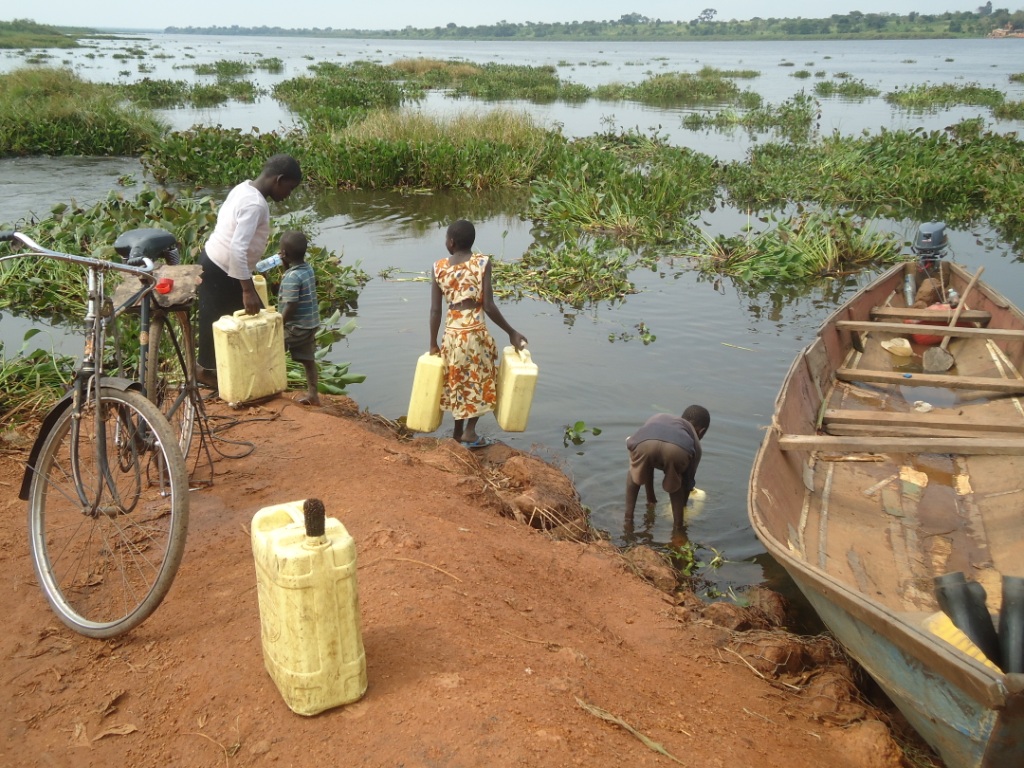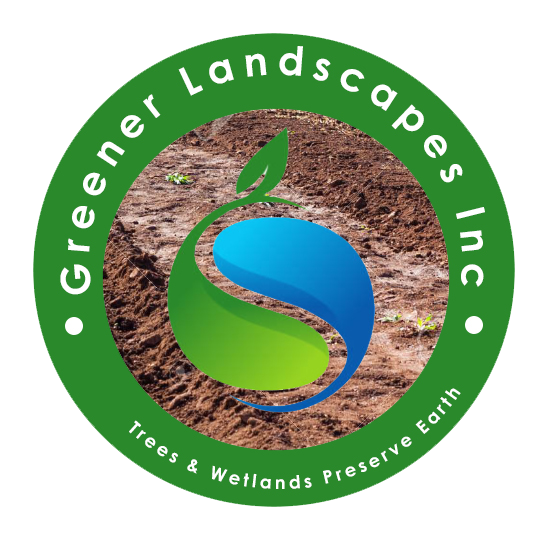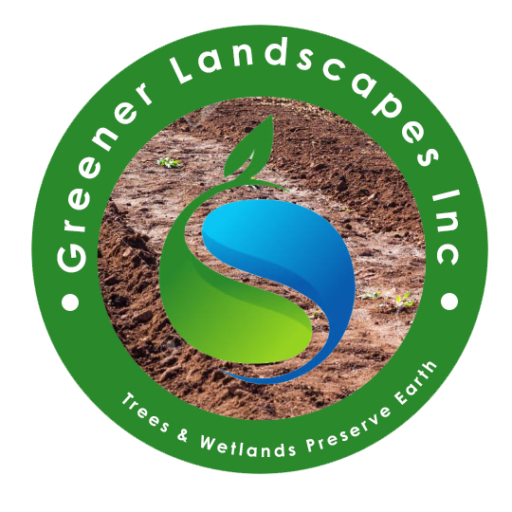Preserving Wetlands in Uganda. Why Preserve Wetlands in Uganda?
Preserving wetlands in Uganda is essential for biodiversity conservation, water regulation, climate change mitigation, shoreline protection, nutrient cycling, cultural values, sustainable livelihoods, and recreational opportunities. By protecting these valuable ecosystems, we can ensure their continued benefits for both the environment and the well-being of the people of Uganda.
Reasons for Preserving Wetlands in Uganda. Greener Landscapes Inc
Biodiversity Conservation
Wetlands are among the most biologically diverse ecosystems on Earth. They provide a unique habitat for a wide range of plant and animal species, many of which are specialized to thrive in wetland environments. By preserving wetlands, we protect these species and their habitats, helping to maintain biodiversity and prevent the loss of valuable genetic resources.
Water Regulation
Wetlands play a vital role in regulating water flow and maintaining water quality. They act as natural water filters, trapping sediments and pollutants, while also absorbing and storing excess water during heavy rains, thus reducing the risk of flooding downstream. Wetlands also help recharge groundwater reserves and contribute to the maintenance of water supplies for both humans and wildlife.

Preserving Wetlands
Climate Change Mitigation
Wetlands have a significant impact on the global carbon cycle. They store large amounts of carbon in their soils, vegetation, and sediments, acting as important carbon sinks. Preserving wetlands helps mitigate climate change by reducing greenhouse gas emissions and storing carbon that would otherwise be released into the atmosphere.
Shoreline Protection
Wetlands, particularly coastal wetlands, provide natural protection against coastal erosion and storm surges. They act as buffers, absorbing wave energy and reducing the impacts of storms on adjacent land areas. Preserving wetlands helps safeguard coastal communities and infrastructure from the devastating effects of erosion and extreme weather events.
Nutrient Cycling and Productivity
Wetlands are highly productive ecosystems that play a vital role in nutrient cycling. They filter and retain nutrients, act as natural purifiers for water bodies, and support the growth of aquatic plants and algae. Wetlands also provide important feeding grounds for fish and other aquatic organisms, contributing to the overall productivity of freshwater and coastal ecosystems.
Cultural and Recreational Values
Wetlands have cultural and recreational significance for local communities. They often hold cultural and spiritual importance and provide spaces for recreational activities such as birdwatching, fishing, and boating. Preserving wetlands helps protect these cultural values and provides opportunities for sustainable nature-based tourism, which can benefit local economies.
Sustainable Livelihoods
Many communities in Uganda depend on wetlands for their livelihoods. Wetlands provide a source of food through fishing and farming activities, as well as other resources like reeds, medicinal plants, and construction materials. Preserving wetlands ensures the sustainable use of these resources and supports the livelihoods of local communities.

